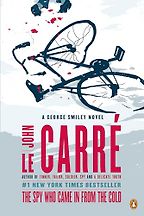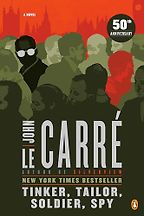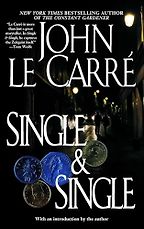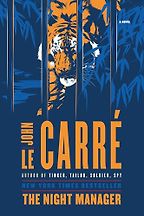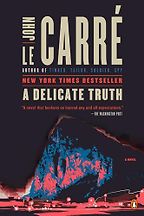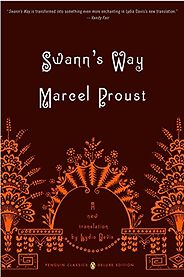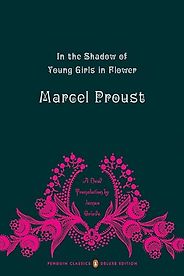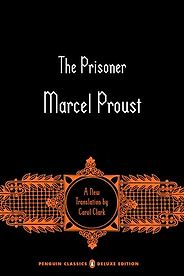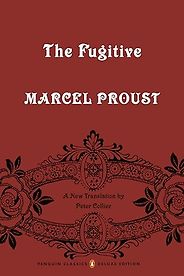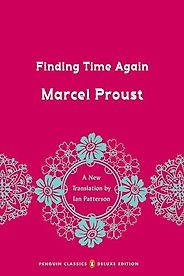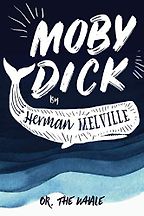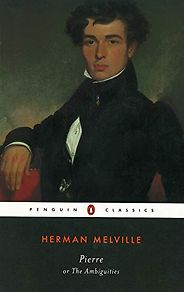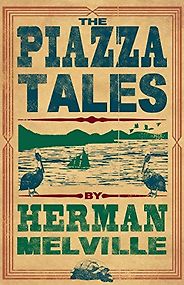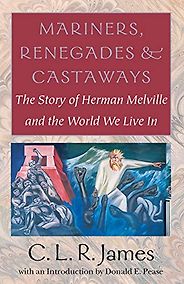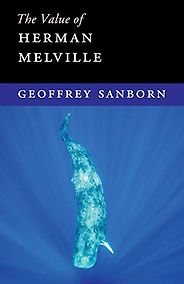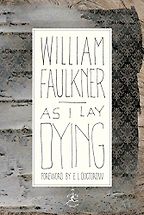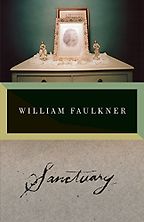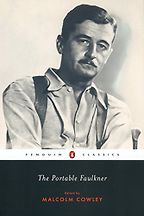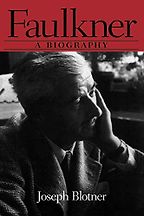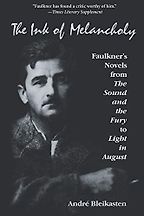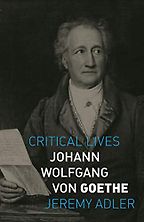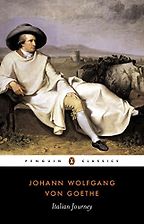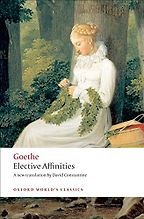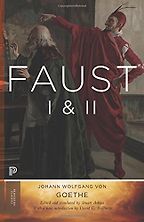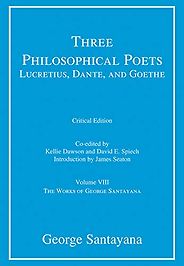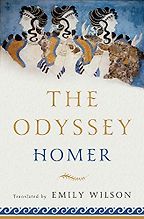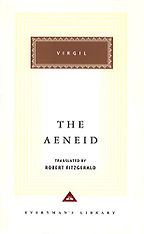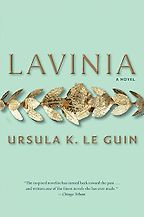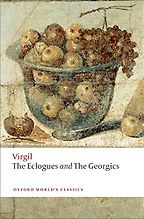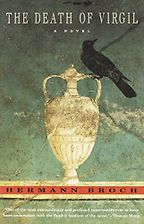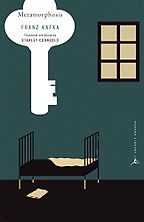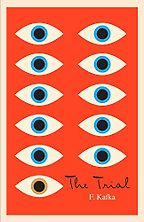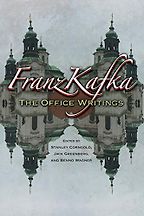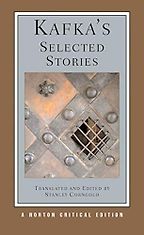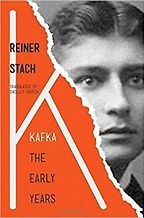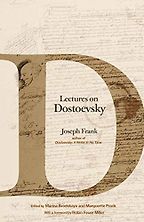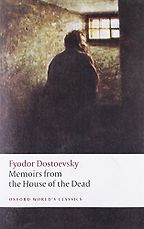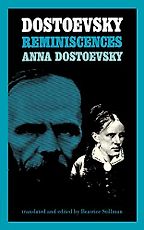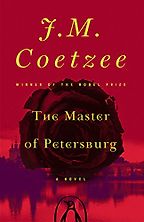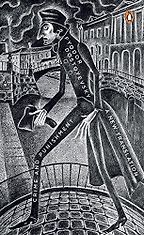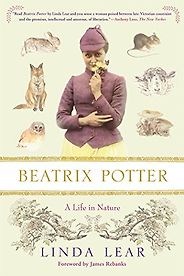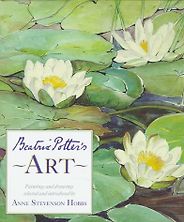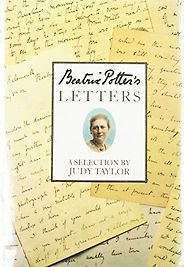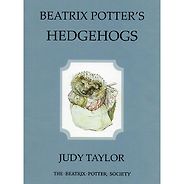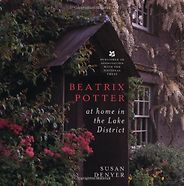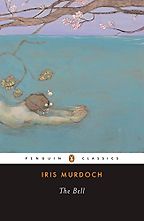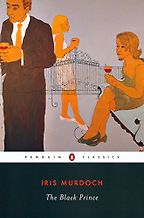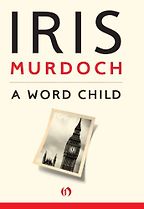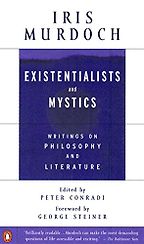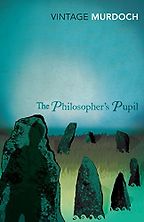Literary Figures
Last updated: November 16, 2025
Welcome to our 'literary figures' section, where we collect interviews focused on particular authors with eminent scholars, biographers and writers.
We have Columbia Shakespeare scholar James Shapiro on Shakespeare's life, while Oxford Fellow Emma Smith and René Weis each share their selection for the best of his plays. If you're after classic authors of the Victorian era, we have a surplus of interviews on nineteenth-century literary figures, from Philip Davis on George Eliot to Catherine Brown on D H Lawrence to Jenny Hartley on Charles Dickens.
Alongside these offerings are other bedside table classics such as the best books of P G Wodehouse, Evelyn Waugh, Agatha Christie, Franz Kafka, Dostoevsky and Muriel Spark. It's never too late to begin reading an author you always missed out on—nor is one ever too old to return to old favourites from childhood. With interviews on literary figures as old as Dante and as new as John Berger, an eager literary reader can't go wrong.
Sylvia Plath Books | Franz Kafka Books | Stephen King Books | Marcel Proust Books | George Orwell Books |
The Best John le Carré Books, selected by Nick Harkaway
John le Carré—often credited as the best spy novelist of all time—wrote 26 books over the course of his career. We asked Nick Harkaway, his son and the author of Karla’s Choice (the best spy thriller of 2024, according to our interview with spy book expert Shane Whaley), to select the five best John le Carré novels: from the Cold War espionage stories that made his name to more contemporary thrillers set in a world of international crime syndicates.
-

1
In Search of Lost Time, Vol. I: Swann's Way
by Marcel Proust -

2
In Search of Lost Time, Vol. II: In the Shadow of Young Girls in Flower
by Marcel Proust -

3
In Search of Lost Time, Vol. V: The Prisoner
by Marcel Proust -

4
In Search of Lost Time, Vol. VI: The Fugitive
by Marcel Proust -

5
In Search of Lost Time, Vol. VII: Finding Time Again
by Marcel Proust
The Best Marcel Proust Books, recommended by Joshua Landy
The Best Marcel Proust Books, recommended by Joshua Landy
Marcel Proust’s 3000-page masterpiece In Search of Lost Time might intimidate, but it also enthrals, argues Joshua Landy, Professor of French and Comparative Literature at Stanford University. We asked him to introduce us to the most rewarding of the seven volumes that make up this classic novel, as a helpful guide for the general reader.
The Best Herman Melville Books, recommended by Hester Blum
Today it is celebrated as one of America’s great novels, but when it came out, Moby-Dick was received with little acclaim and none of the commercial success of Herman Melville’s first book, Typee. Here, Hester Blum, Professor of English at Penn State, introduces the 19th century American novelist and recommends which books to read by and about him.
The Best William Faulkner Books, recommended by Ahmed Honeini
Where to start with the novels of the American writer William Faulkner, chronicler of the Old South and winner of the 1949 Nobel Prize in Literature? Here, Faulkner scholar Ahmed Honeini of Royal Holloway, University of London, recommends the best books by and about the man who tried to capture “the agony and sweat of the human spirit”.
The Best Goethe Books, recommended by David E. Wellbery
Johann Wolfgang von Goethe (1749–1832) has been described as ‘the last true polymath to walk the earth’. A defining figure in German literature, Goethe coined the concept of world literature. And his literary and dramatic achievements are matched by his scientific work. David E. Wellbery, Professor of Germanic Studies at the University of Chicago and recipient of the Golden Goethe Medal, introduces us to the life and work of Goethe. He explores why figures such as Beethoven and Napoleon were magnetised to him, how Rousseau influenced Faust, and why Goethe’s Faust does not sell his soul to the devil.
The best books on Virgil, recommended by Sarah Ruden
Virgil is one of the most influential poets in the history of Western literature. Here, another poet, Sarah Ruden, talks about the challenges of translating the Aeneid and why, although we know little about Virgil as a man, his great poem’s take on the violence and power struggles it depicts is deeply ambivalent.
-

1
The Metamorphosis
by Franz Kafka (ed. and translated by Stanley Corngold) -

2
The Trial
by Franz Kafka -

3
Franz Kafka: The Office Writings
by Franz Kafka (ed. Stanley Corngold, Jack Greenberg, and Benno Wagner) -

4
Kafka's Selected Stories
by Franz Kafka -

5
Kafka: The Early Years
by Reiner Stach & Shelley Frisch (trans.)
The Best Franz Kafka Books, recommended by Stanley Corngold
The Best Franz Kafka Books, recommended by Stanley Corngold
“When Gregor Samsa woke up one morning from unsettling dreams, he found himself changed in his bed into a monstrous vermin”—Kafka, The Metamorphosis. This is one of the most famous opening lines in all of world literature, but how ‘Kafkaesque’ was Franz Kafka? What are our misconceptions about his life and work? Professor Stanley Corngold, one of the most influential Kafka scholars, introduces us to an “athlete of anguish”.
The Best Fyodor Dostoevsky Books, recommended by Alex Christofi
His father had clawed his way up into the minor aristocracy, but Fyodor Dostoevsky chose to live the life of an impecunious author. He was sentenced to death, but his execution was stayed and he spent years in a Siberian labour camp instead. His books are about human compassion, but he was a difficult man who had trouble with his own personal relationships. Alex Christofi, author of a brilliant new biography of Dostoevsky, one of Russia’s greatest novelists, recommends five books to learn more about the man and his work—including the novel of which Tolstoy said he ‘didn’t know a better book in all our literature’.
The best books on Beatrix Potter, recommended by Libby Joy
In spite of the huge popularity of her work, Beatrix Potter has often been underappreciated as an artist and a writer, argues Libby Joy of the Beatrix Potter Society. Here she chooses five books to help you appreciate Potter’s life as an author, artist and pioneering conservationist.
The Best Iris Murdoch Books, recommended by Miles Leeson
Iris Murdoch gained fame as a novelist, a philosopher and, perhaps most prominently of all, for her public and rapid decline (and posthumous immortalization by her husband John Bayley) after an early diagnosis of Alzheimer’s disease. But now, more than a century on from her birth, the attention is returning back to her work. Miles Leeson, Director of the Iris Murdoch Centre at the University of Chichester, recommends what books to read from her canon of 27 novels.
